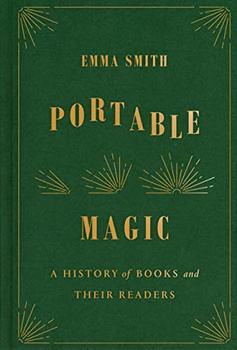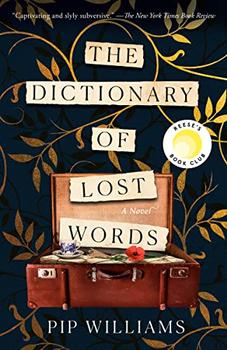Summary | Excerpt | Reviews | Beyond the book | Read-Alikes | Genres & Themes | Author Bio

The Curious, Enthralling and Extraordinary Story of English Spelling
by David CrystalThe fascinating and surprising history of English spelling from David Crystal, everyone's favorite expert logophile.
With The Story of English in 100 Words, David Crystal took us on a tour through the history of our language. Now, with Spell It Out, he takes on the task of answering all the questions about how we spell: "Why is English spelling so difficult?" Or "Why are good spellers so proud of their achievement that when they see a misspelling they condemn the writer as sloppy, lazy, or uneducated?"
In thirty-seven short, engaging and informative chapters, Crystal takes readers on a history of English spelling, starting with the Roman missionaries' sixth century introduction of the Roman alphabet and ending with where the language might be going. He looks individually at each letter in the alphabet and its origins. He considers the question of vowels and how people developed a way to tell whether or not it was long or short. He looks at influences from other cultures, and explains how English speakers understood that the "o" in "hopping" was a short vowel, rather than the long vowel of "hoping".
If you've ever asked yourself questions like "Why do the words "their", "there" and "they're" sound alike, but mean very different things?" or "How can we tell the difference between "charge" the verb and "charge" the noun?" David Crystal's Spell It Out will spell it all out for you.
David Crystal's rich, useful, and fascinating survey of English spelling will change the way you think about language. But what really makes this book interesting is that Crystal makes English come alive and shows us that the language is not a fixed system set in stone by scholars...continued
Full Review
 (638 words)
(638 words)
(Reviewed by Jo Perry).
David Crystal is a prolific scholar of linguistics who specializes in language pathology, phonetics, and linguistic disability.
What I admire most about Crystal's scholarship in Spell It Out is its humanity. He never loses sight of language as a form of human expression—whether through orthography or pronunciation.
Consider for example, the history of the word, "ghost":
"Why is there an h here? And in ghastly, aghast and the whole family of related words –– ghostly, ghostliness, ghastliness, ghostbusters and so on? It wasn't there when the word first came into English. In Anglo-Saxon England we find it used in the form gast, with a long 'ah' vowel...But there was no h in the Anglo-Saxon spelling: the Holy Ghost was a ...

If you liked Spell It Out, try these:

by Emma Smith
Published 2022
A history of one of humankind's most resilient and influential technologies over the past millennium—the book.

by Pip Williams
Published 2022
In this remarkable debut based on actual events, as a team of male scholars compiles the first Oxford English Dictionary, the daughter of one of them decides to collect the "objectionable" words they omit.